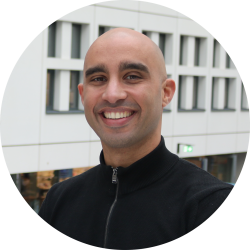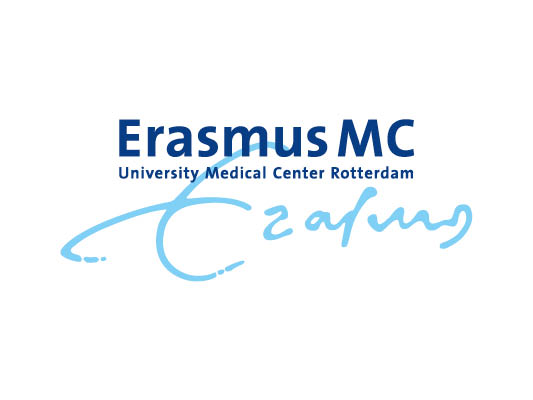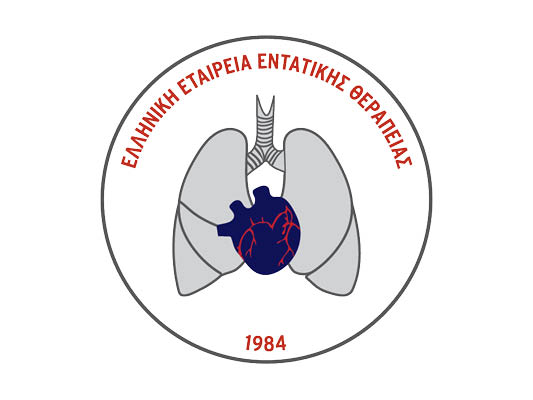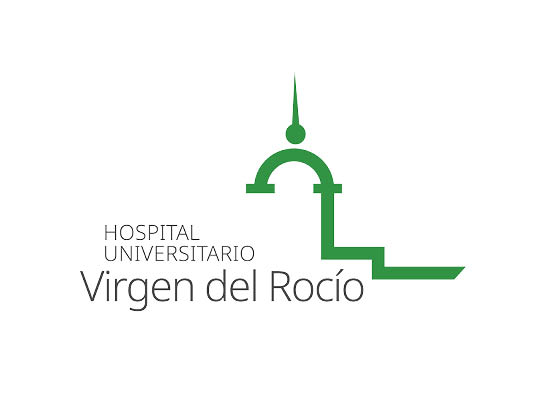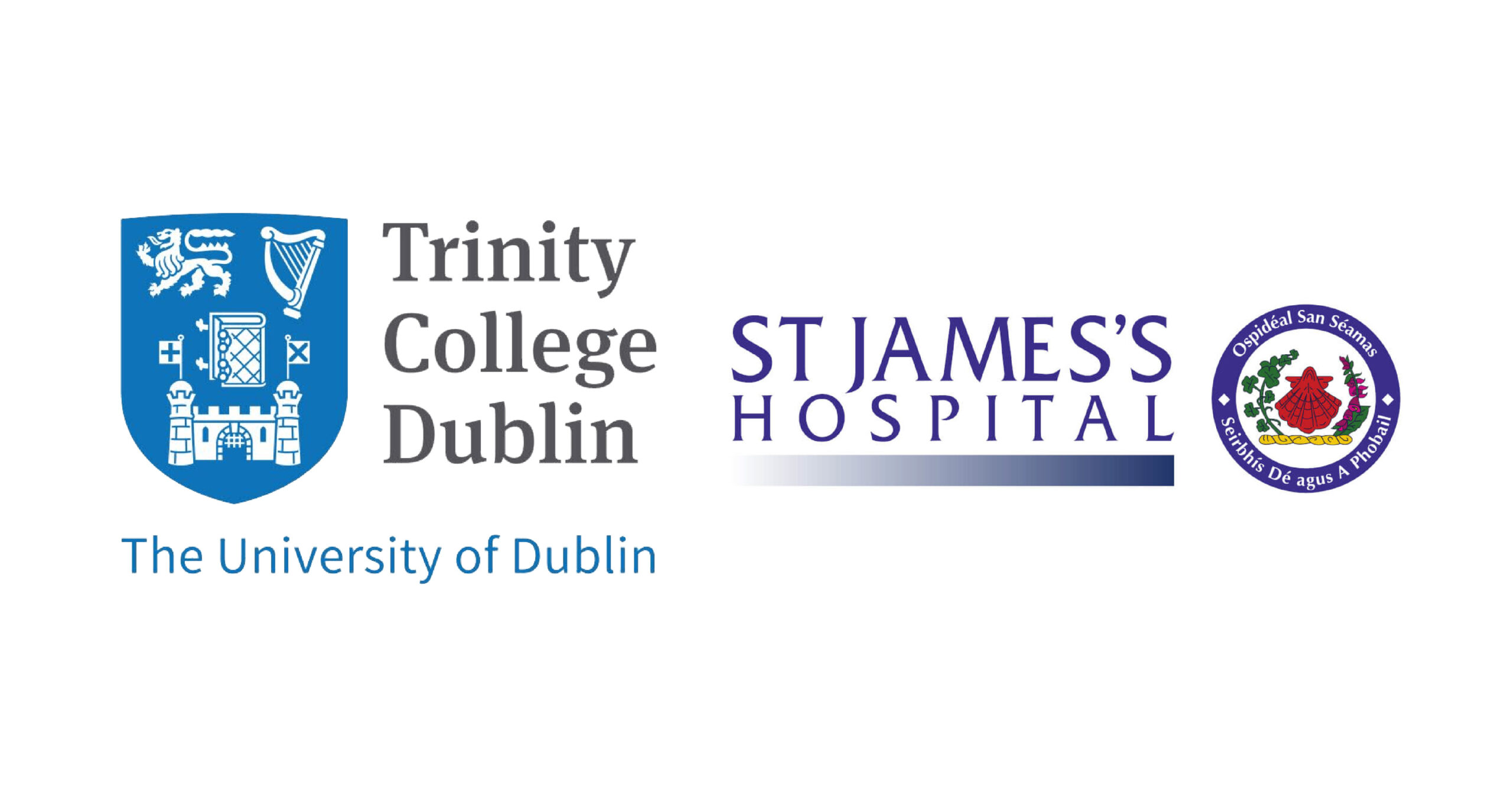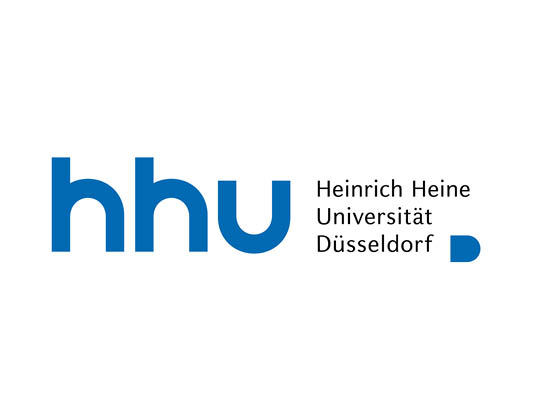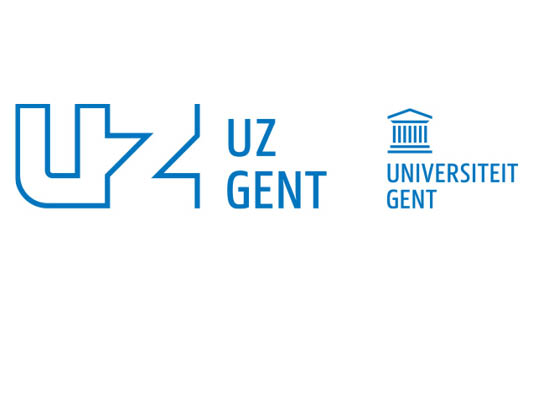
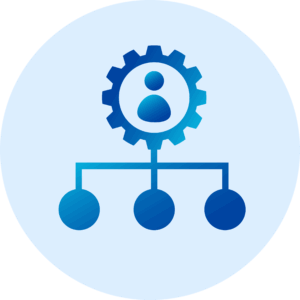 Work Package 1
Work Package 1
Project management
Project management
Objectives
- Establish decision-making and governance mechanisms.
- Carrying out the project management.
- Ensuring fulfilment of the work plan, including quality assurance and control, risk management, continued reporting to the European Commission, and communication between the consortium partners.
- Alignment with stakeholders and other initiatives through workshops and round table conferences.
Tasks
This task handles the overall coordination and governance of the project and the implementation of the project management, governance, and quality assurance and control procedures. The COO and SCO will monitor the activities of the project and manage project resources. This includes:
- T1.1.1 Coordinating with the Steering Committee and the Management Board. Erasmus MC will facilitate in communication within and between the consortium bodies. The Steering Committee will meet annually. The Management Board will meet monthly via video call. By M2 permanent procedures for quality assurance and assessment of deliverables and milestones will be established, including progress measurement and risk management.
- A project management handbook will be made available to all partners (D1.1).
- T1.1.2 This task includes coordination with and reporting to EC, as well as budget management, financial monitoring, administration of payments, and preparation of annual cost reports as described in Grant Agreement. The Management Board will aid consortium partners in case of questions on contacts with the EC. The COO will ensure that all partners adhere to the Grant Agreement and Consortium Agreement and will oversee the promotion of gender equality in the project.
- T1.1.3 Erasmus MC will coordinate management tasks mentioned in the Grant Agreement, including compliance with project planning, implementation of quality assurance based on the principles from T1.1.1, risk management by monitoring the risk management plan, organisation of the consortium meetings, and handling practical day- to-day tasks related to project management.
This task will ensure alignment with external parties to the consortium, such as through round table conferences with main relevant EU and international initiatives – as well as with national and regional levels for consortium management.
- T1.2.1 UDUS (SCO) will engage stakeholders from professional organisations, patient associations, other Data Space initiatives, (such as DSSC, EHDS, Genome of Europe, Gaia-X, and Open DEI, etc) and other European projects (e.g., IMI EHDEN, DARWIN EU®, PHEMS, etc). Stakeholders will be invited to round table discussions biannually to meet and discuss project and exchange ideas.
- T1.2.2 Important partners from industry will be engaged through the extensive network provided by Bart Haex at EIT Health.
- T1.2.3 Establishing the Ethics and Expert Advisory Boards to obtain iterative feedback. INDICATE will establish the Boards comprising representatives from key groups, including at least one from each group of patients or relatives, healthcare professionals, researchers, regulators, entrepreneurs, data engineers, and cloud engineers. This diverse representation will facilitate comprehensive feedback on the project’s progress. The board will engage in regular, flexible discussions (face-to-face, virtual, or by phone) to offer insights on project development, focusing on data access, protection, and preservation. They also will align two times per year with the ethical board. Several stakeholders have already confirmed their participation in the board, and this list will be expanded to ensure a good representation of all stakeholder groups.
This task will focus on the coordination within and between the work packages. We allocated specific time and budget for this, as many elements of the infrastructure are implemented concurrently considering efficient utilisation of resources and time. However, to maintain agility and task focus regular synchronisation will be needed beyond the scope of the Management Board meeting to discuss and align issues in the implementation of the infrastructure.
